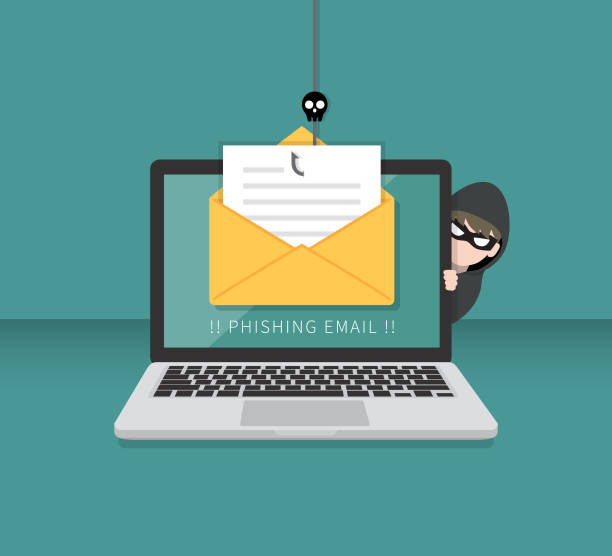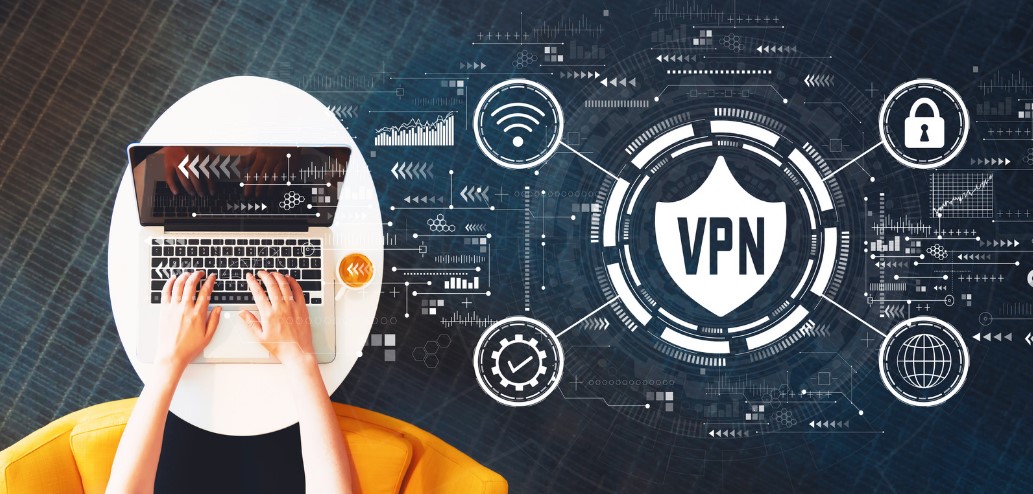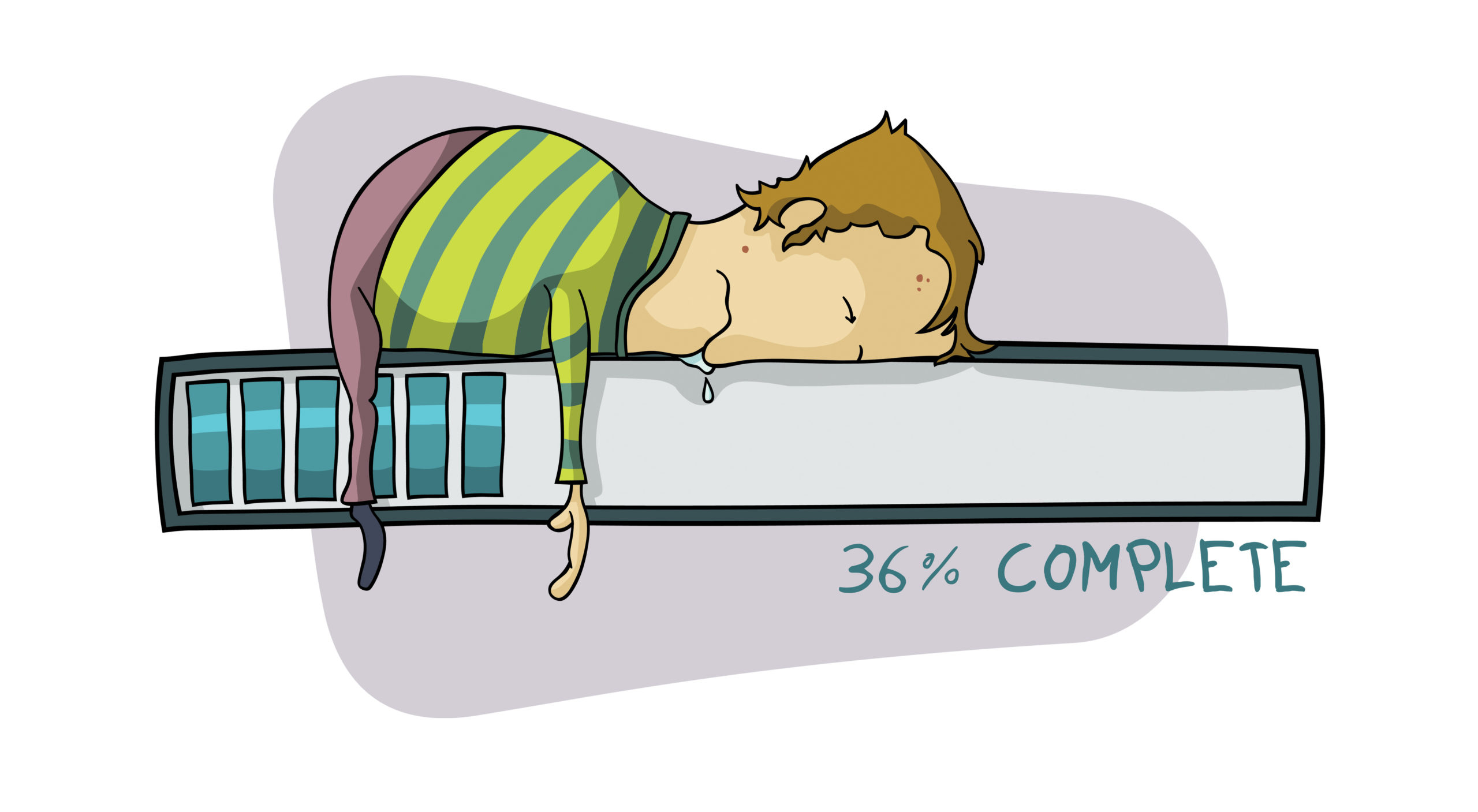
About three years ago, PC Pitstop hired a new developer that was about 25 years old. I met him in Myrtle Beach shortly after we hired him and we were at the bar chewing the fat. Some how the conversation turned to backing up your system. At PC Pitstop, this is important, since everyone works out of their homes, and there is no IT department that is performing nightly backups. His response really shocked me.
“I don’t do backups and I don’t plan to. I have never had a hard drive crash, and so it is really a waste of time.”
There were a couple of others with us and collectively our jaws dropped. I along with others tried to no avail to change his mind.
Less than a week later, his hard drive crashed and he lost all of his work. All of it. Some people have to learn the hard way, but I know for a fact that he now backs up regularly.
Before, we go any further, there is one important point. ALL HARD DRIVES CRASH. Many components in your computer can run without breaking for decades such as your processor, memory and graphics chip. Sometimes you might think your computer is invincible, but it isn’t. The hard drive is different than any other component because it has moving parts. The hard drive despite its little size, has one or more platters spinning at a minumum of 4500 revolutions per minute. That is 75 times every second. Then there are little heads that look like miniature break pads that barely touch the surface of these fast spinning platters to read and write information.
At some point, this technological marvel will break. It is not if, it’s when. Either the motor that makes the platters whirr will break, or ultimately the arm for the little heads will wear down and stop working. The hard drive industry actually tracks their crash rate and it has improved over the last 10 years, but the point is still the same. All hard drives will crash.
Because of the mechanical nature of the hard drive, it is also the most delicate system in your computer. If your computer is dropped or suffers a shock, the most likely device to fail is your hard drive.
About 15 years ago, I once dropped my laptop because I was in a hurry. I was really worried because I had a lot of important data on it. I nervously picked up the laptop, and it fired back up. A let out a sigh of relief. Since I was in a hurry, I just went back to what I was doing. Within about two to three days, the hard drive was totally dead. Geez! I had two to three days to backup all the important data but I didn’t do it!
I thought it was all lost. I frantically looked for a data recovery service. I finally found one but they made no guarantees and they wanted $1000. What could I do? I whipped out my credit card and paid it. A data recovery service opens up the hard drive in a sterile environment. Then they carefully try to read each platter and recover the data. It is a delicate process wrought with problems. In my case, they sent me a DVD with what they recover. They were successful in getting a few files, but most of the important data, spreadsheets and PowerPoint presentations were all lost. It still makes me sad today.
Suffice it to say, I became a regular backupper. I wouldn’t say religious, but if I waited too long, my stomach would begin churning with impending doom. Back then, backup was no easy task. I used an obsolete format called a ZIP drive. They were made by a company called Iomega that I think is almost defunct.
The reason is that the writeable CD quickly replaced the ZIP drive as a larger capacity and less expensive backup media format.
But hallelujah, finally the external hard drive came to popularity in 2003-4 time frame. This made it a snap to back up, and with the introduction of USB2, my personal back up time was reduced to less than an hour. Still to this day, I am using external hard drives for backup.
All that said, external hard drives are not infallible. I remember at one point, my portable hard drive failed. I had done a backup recently, but guess what, the back up hard drive failed also. What were the odds? Two hard drives failing at the same time with the same data. Fortunately, I had another back up, but I lost about two months of data.
My hard drive is my life. I store all my email, photos, presentations, ideas, analysis, ramblings, videos all on my hard drive.
Just today, my cousin called me because he was having trouble getting his new LCD monitor working on his old Dell desktop. We got it working and then he asked, “I just got an email from PC Pitstop about your online backup. What do you think?”.
First I told him that I still am using external backup. The main reason is that it doesn’t take much time and storage is so cheap. As of this writing, you can buy 1TB of storage for less than $100. But there are limitations to external hard drives too. First, as I described before, ultimately your external drive will fail. In my case, it happened at the same time as my hard drive crash. Next, it does not protect you against fire and theft. If my apartment burned down, I would lose both my computer and also the external hard drive. Some one could also steal my laptop and my drive too.
These are the advantages of on line back up. On line backup allows all of your data to be stored on secure servers distant from your computer. There are numerous advantages to this. Servers are backed up automatically every night so you will never lose the data once it is on the server. More importantly, the data is separate from your computer so it is also safe no matter what turmoil happens to you or your computer. In my view, the only minus is cost. Online back costs about $5.00 a month for 10GB of data. In my case, I have about 40GB of truly special data. That is basically my email, photos, videos, presentations, and analysis. I don’t include MP3’s since I can always download again from somewhere. So my backup fee would be $20/month or $240/year. When I take into account all of the money that I have spent on external hard drives, zip drives, external CD writers PLUS the data recovery service, I have averaged far more than $240/year on backup. So in my case, it makes sense.
I am not saying that online backup is the panacea for everyone. I create a lot of stuff and I want to archive it all and it makes sense to me. BTW, my cousin also purchased online backup this week. What do you think? Is online backup a wave of the future?




